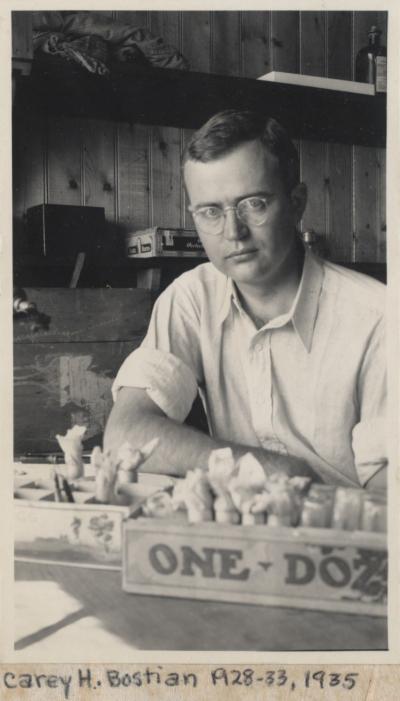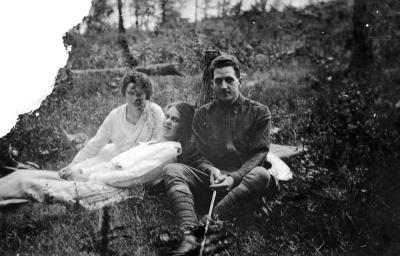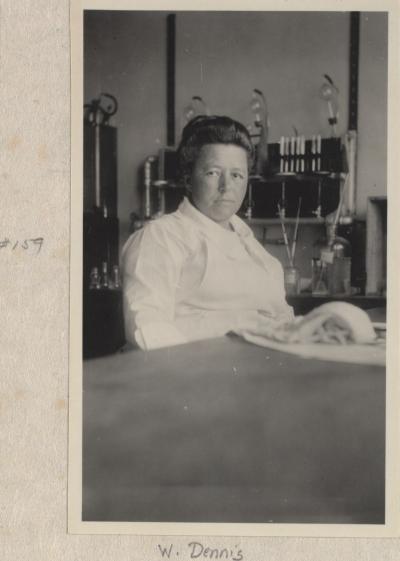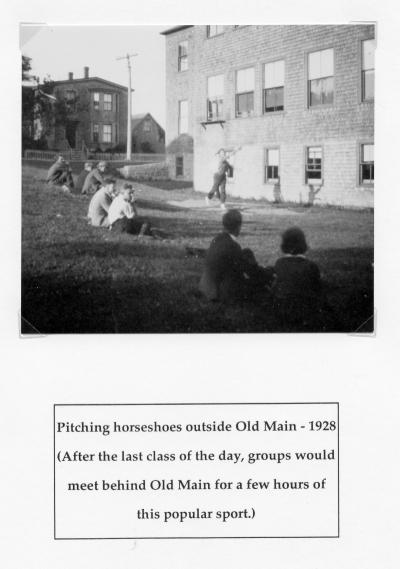Filtering by
- All Subjects: People

This research was conducted through the form of interview with Belizean citizens in Belize, Central America where I invited three of Belize’s most pivotal and influential figures behind social and civil injustices. Belize is a Caribbean country in Central America that was once a colony of the British known as “British Honduras”, gaining its independence on the 21st of September, 1981, making Belize the third to last youngest Caribbean country.
This has been made into a documentary that started filming back in September of 2017 during Belize’s 36th Independence Day where the country indulges in a month full of celebrations that brings a great feeling of togetherness for everyone. The film company that shot and edited this project is a local Belizean company by the name of KnightandDay Photography, with the consideration of helping to create work in Belize, support local business, and to be fully immersed in Belize and all of its resources.
This documentary is structured into five components: (1) Introduction; (2) Interview with guest number one; (3) Interview with guest number two; (4) Interview with guest number three; (5) Interview with five randomly selected Belizean citizens on the street; (6) Outro.
The main objective of this research was to speak in depth with specific Belizeans that have spent significant time in America, whether working, or going to school in order to have the knowledge to compare the experience of the black Belizean in their home country versus that of what America offers as far as the black experience and to explain the history of other ethnic groups of peoples that inhabits Belize and how the tensions and stereotypes among Belizeans arose over time.

Leonard Hayflick studied the processes by which cells age during the twentieth and twenty-first centuries in the United States. In 1961 at the Wistar Institute in the US, Hayflick researched a phenomenon later called the Hayflick Limit, or the claim that normal human cells can only divide forty to sixty times before they cannot divide any further. Researchers later found that the cause of the Hayflick Limit is the shortening of telomeres, or portions of DNA at the ends of chromosomes that slowly degrade as cells replicate. Hayflick used his research on normal embryonic cells to develop a vaccine for polio, and from HayflickÕs published directions, scientists developed vaccines for rubella, rabies, adenovirus, measles, chickenpox and shingles.

Although best known for his work with the fruit fly, for which he earned a Nobel Prize and the title "The Father of Genetics," Thomas Hunt Morgan's contributions to biology reach far beyond genetics. His research explored questions in embryology, regeneration, evolution, and heredity, using a variety of approaches.






